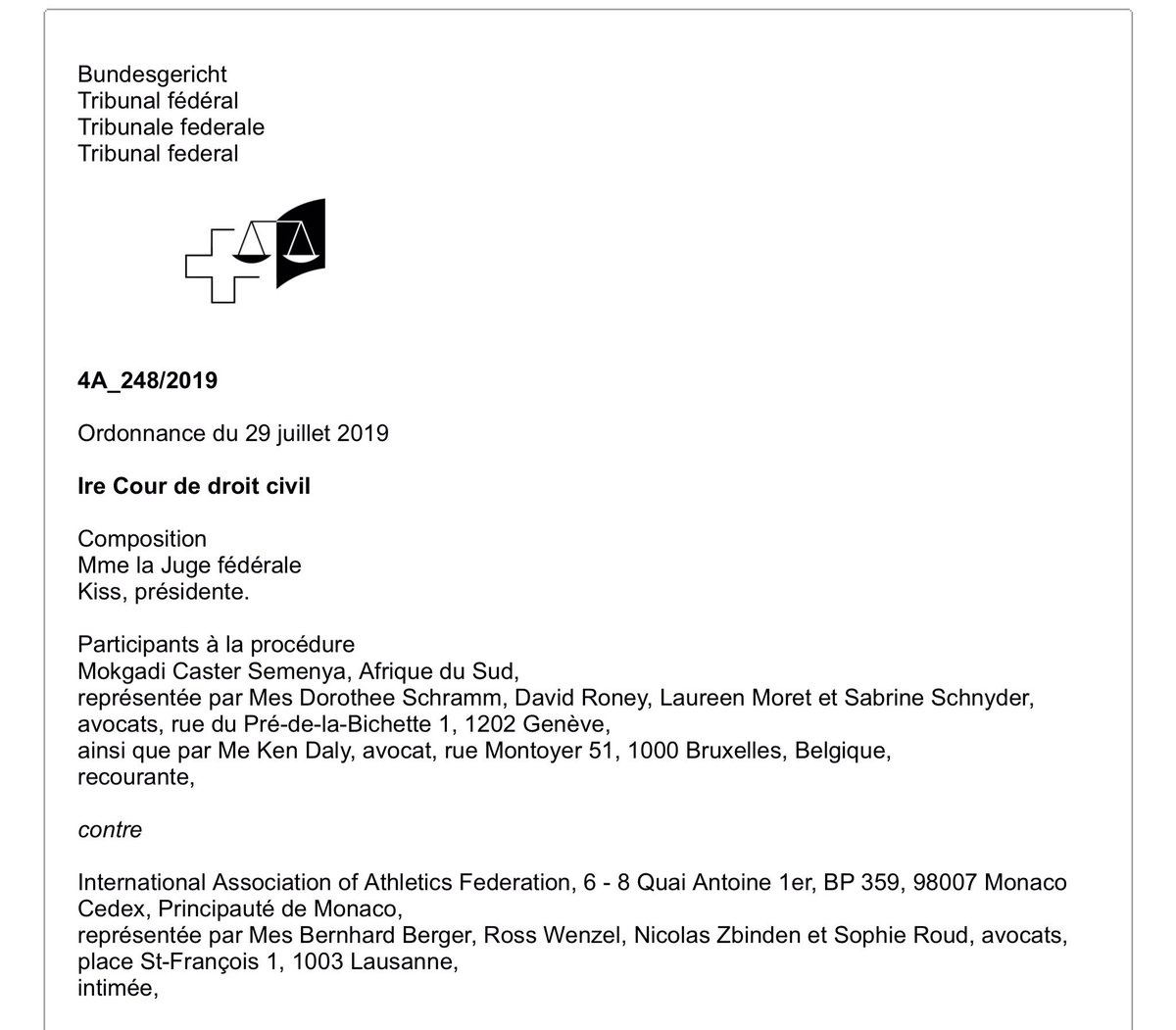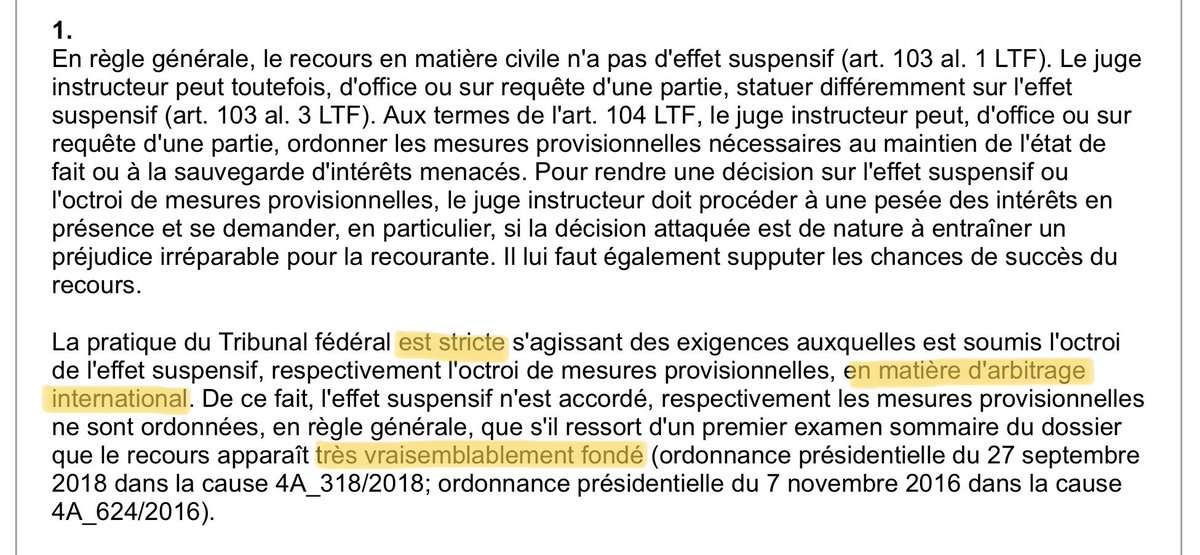
For the first time in its history #CAS publishes an Annual Report and Financial Statements, welcome to the era of (relative) transparency!
[Follow the thread]
#Sportslaw #Arbitration #CAS
[Follow the thread]
#Sportslaw #Arbitration #CAS
https://twitter.com/ArbitralduSport/status/1473279517108195333
1. Unfortunately, the only interesting bits are in the financial statements at the end of the document. Even though they are not going into great details, they are providing interesting information about the economic management of the CAS.
2. Here is how the CAS is financed: 50% contributions from Olympic Movement & FIFA + 50% contributions of the parties to the proceedings (I imagine mostly from transfer related disputes & ordinary arbitration as appeals in disciplinary cases are free). 

3. We also know (roughly) where CAS’s money is flowing:
- 50% to Arbitrators
- 40% to CAS personnel (sounds like a lot for a small institution would love to have more details)
- (Only) 20 000 are provisioned for ‘free arbitration procedures’
- 50% to Arbitrators
- 40% to CAS personnel (sounds like a lot for a small institution would love to have more details)
- (Only) 20 000 are provisioned for ‘free arbitration procedures’

4. The #CAS seems to be a pretty healthy institution financially speaking with reserves amounting to a total of CHF 21M.
Note that there is a reserve for legal aid (with CHF 315 126 spent in 2020), not sure why it doesn’t show in the expenses (but I’m no accountant).
Note that there is a reserve for legal aid (with CHF 315 126 spent in 2020), not sure why it doesn’t show in the expenses (but I’m no accountant).

5. This is an important step for the #CAS. From now on we can have better informed discussions about how the CAS is financed and how it is spending its money (as well as compare it with other international judicial institutions).
#Sportslaw #Arbitration
#Sportslaw #Arbitration
6. It’s also a welcome acknowledgment that even if #ICAS does not have to disclose information under Swiss law, as a global court before which athletes are forced to appeal the #SGB’s decisions (#Pechstein) #CAS has to be transparent about its governance.
#Sportslaw #Arbitration
#Sportslaw #Arbitration
7. So, kudos to #CAS for listening to its critics, but there is still a lot to do before going truly public. For some suggestions on #CAS transparency, check out my piece at papers.ssrn.com/sol3/papers.cf…
#Sportslaw #Arbitration
#Sportslaw #Arbitration

• • •
Missing some Tweet in this thread? You can try to
force a refresh






